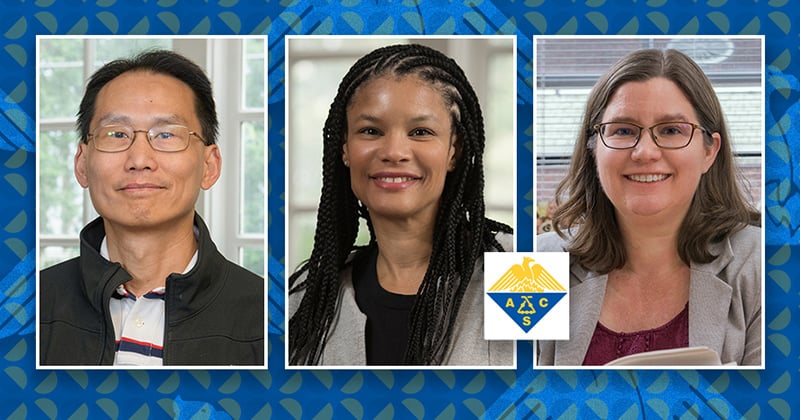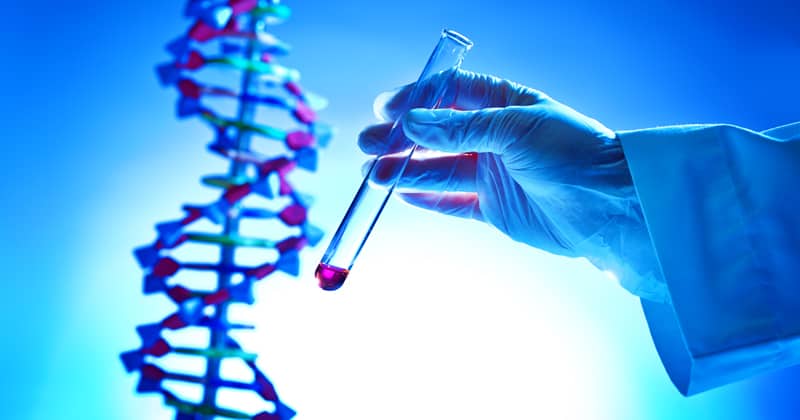RESEARCH
DISCOVERY
A Blog Devoted to UD Innovation, Excellence & Scholarship
ACHIEVEMENTS
Outstanding Achievements
Wilfred Chen and LaShanda Korley from the University of Delaware’s College of Engineering and Mary P. Watson from the College of Arts and Sciences have been named as 2023 Fellows of the American Chemical Society (ACS).
Wilfred Chen, the Gore Professor of Chemical Engineering in the Department of Chemical and Biomolecular Engineering, was recognized for “pioneering contributions to synthetic biology, environmental biotechnology and biosensing through dynamic tuning of cellular phenotypes, creation of synthetic scaffolds for biosynthesis, and of modular protein nanocarriers for cancer therapeutics.”
The Wilfred Chen Group develops tools for synthetic biology, protein engineering and drug delivery. By studying and exploiting the modular nature of proteins, their goal is to design and create new complexes that can support advances in applications such as biocatalysis, biosensing and therapeutics for cancer. Chen has authored more than 250 peer-reviewed studies that collectively have more than 20,000 citations.
LaShanda Korley, a Distinguished Professor of Engineering who holds appointments in the departments of Materials Science and Engineering and Chemical and Biomolecular Engineering, was recognized for “innovative and fundamental investigations utilizing architectural design and manufacturing techniques enabled by materials chemistry and engineering to develop functional, responsive, adaptable polymeric materials for sustainability, healthcare, and soft robotics.”
Mary P. Watson, professor of chemistry and biochemistry, was recognized for her contributions to science for the “methodology for Ni catalyzed cross-coupling of alcohols and amines; major innovations include reagents and methods for constructing complex C(sp3) bonds using inexpensive substrates, non-traditional electrophiles, and earth-abundant catalysts.”





